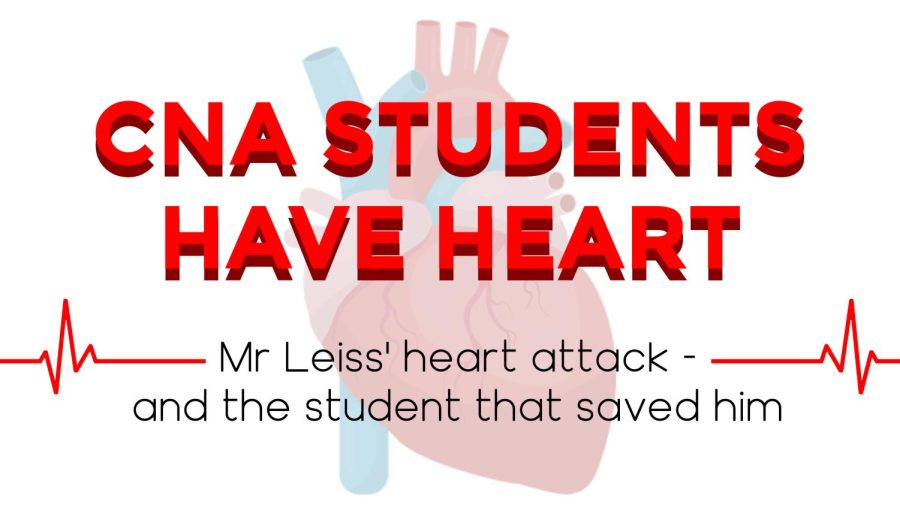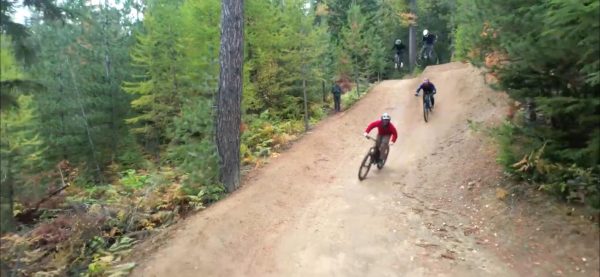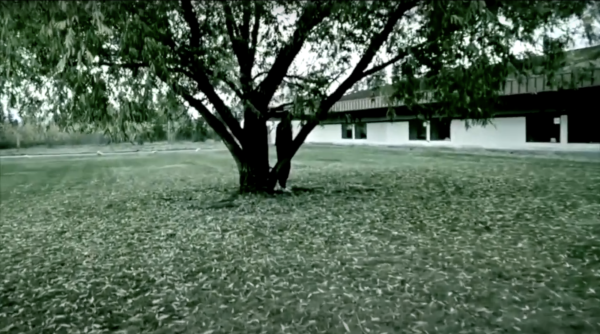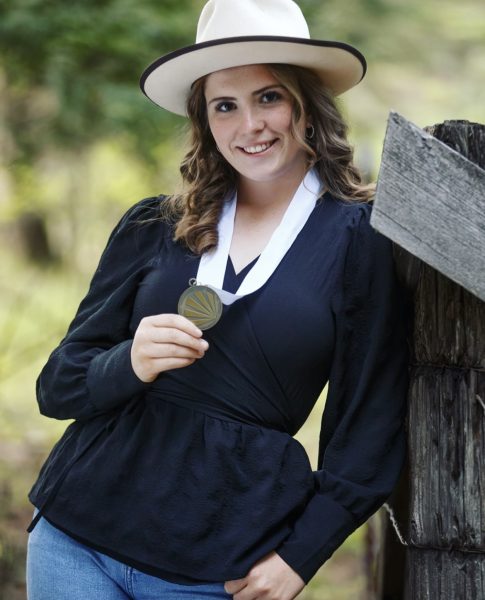CNA Students Have Heart
Mr. Leiss’ encounter with a heart attack – and the student that helped him recover.
Sandpoint High School is full of hands-on opportunities for aspiring students of the health field, from the CNA program to the Code Team. But rarely do health students get as real of a medical experience as senior Koda Hartley did on February 10, 2023. After teacher Kent Leiss jokingly requested a blood pressure check from Hartley, he was delivered a shocking diagnosis that had him in the emergency room within the hour. It turns out that Mr. Leiss had unknowingly suffered a minor heart attack, and Hartley may have saved him from facing something much more severe.
It was during a regular workout session the week prior when Mr. Leiss first began to suspect something was wrong with his health. “I was on the treadmill at the Y,” recalls Mr. Leiss, “and about 15 minutes into a walk, right smack in the middle of my chest where that little bone is, where your sternum is, it started to get sore. That had never happened before, so I probably walked for another 7 or 8 minutes, just thinking about it. Then I thought, ‘I better get off.’” A few days later, Mr. Leiss experienced the pain a second time, again while walking. He began to suspect a chest cold, or perhaps Covid 19. On the morning of February 9, a Thursday, Mr. Leiss awoke with yet another aching chest. Beginning to feel concerned, he contacted a local nurse the following morning, as well as a nurse at SHS. Both advised him to get his blood pressure checked, and maybe an EKG. An EKG, or electrocardiogram, records electrical signals in the heart to detect abnormalities. He then contacted his doctor, who said he wouldn’t be available until the next Monday. Mr. Leiss chose to set the issue aside as he prepared for his day. The chest aches faded to the back of his mind as he taught his first and second classes of Friday, February 10.
Meanwhile, CNA student Koda Hartley was preparing for routine student medical duty. “That was my Code Team shift for third period on B days,” Hartley recalls. “I got my Code Team bag and I walked in [to Mr. Leiss’ Government class]. I was actually a little bit late… he kind of directs the whole class towards me, and he’s like: ‘Can you check blood pressure?’”
“And I just joked with him, that I needed him to take my blood pressure,” says Mr. Leiss. “He didn’t think I was serious right away, and I said, ‘No, I need you to do it like right now.’”
Hartley obliged. “And we’ve practiced it tons of times with Mrs. Smith in the CNA class, so I felt pretty confident. And so I take his blood pressure.”
“And he had just the worst look on his face,” Mr. Leiss recalls.
Hartley was shocked. “I’ve never seen a blood pressure that high. I got 190 over 120, which is really abnormal, absurd, super high.” For reference, a healthy blood pressure for Mr. Leiss would be around 124 over 77 mm Hg. “So I told him, are you experiencing any other symptoms?”
Mr. Leiss told Hartley about the chest pains, and after hearing about Mr. Leiss’ conversations with the nurses, Hartley instructed him to get medical attention as soon as he could. Mr. Leiss agreed to leave to go to the hospital, but not before administering the day’s Government quiz, much to the students’ dismay. “They could not believe that I stuck around and made them take their test before I went to the emergency room,” laughed Mr. Leiss.
He arrived in the emergency room, and soon received an official diagnosis of his condition. “To make a long story short, I did get an EKG, and it indicated that I had had a mild heart attack,” says Mr. Leiss.
“If he waited how long he wanted to wait, which was going to be the weekend, in just three or four days he could have had a real heart attack… and suffered chronic damage,” Hartley claims. It was thanks to Hartley’s skill and professionalism that prevented Mr. Leiss from encountering a much more serious health crisis.
After an ambulance visit to Coeur d’ Alene, Mr. Leiss received the placement of a stent in his right wrist. “When a heart attack happens, the arteries around your heart, get blocked,” explains Hartley. “But when it’s not a straight block, and when the arteries are just getting smaller, there’s not enough blood that can go through them. You put a stent in. It’s kind of like a chinese finger trap; it holds the artery open so that the blood can flow through.”
“Now I’m on a bunch of medication… and they’ve told me that I can’t workout,” says Mr. Leiss. “It’s driving me nuts.”
Aside from these shortcomings, Mr. Leiss made it through without any major health incidents. Today, Mr. Leiss is feeling much better, back in the classroom, thanks, in part, to Hartley’s medical skill and professionalism.
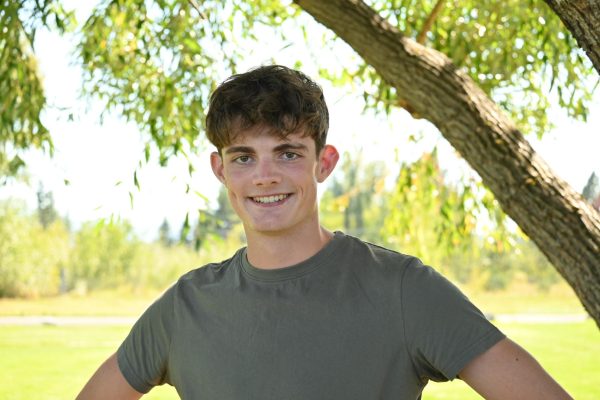
What is your favorite movie?
Interstellar
What is your favorite food?
Pasta (any pasta)
What is your favorite sport?
Cross country

